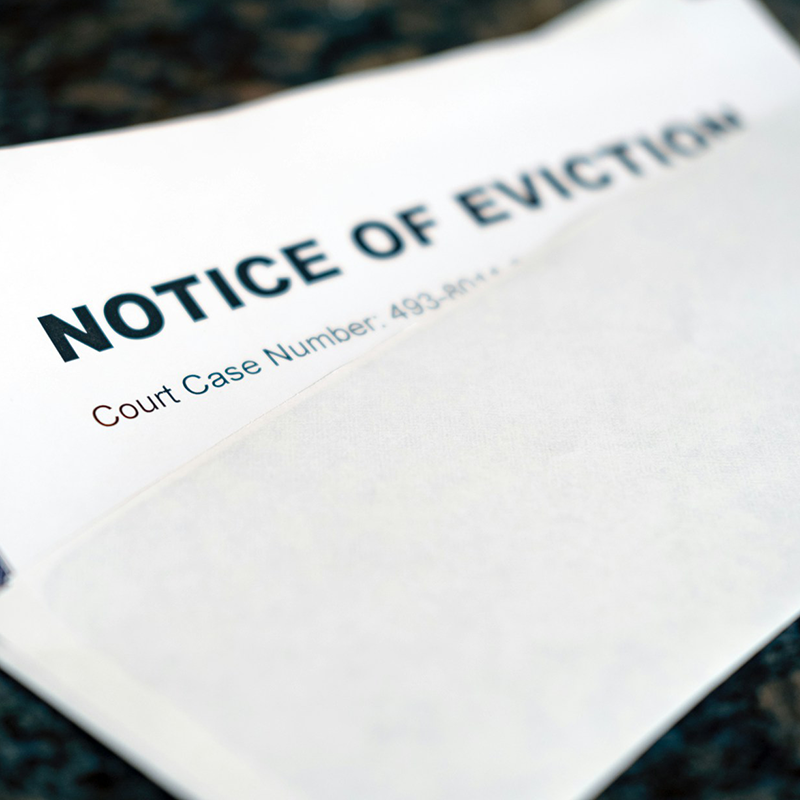- Home
- Practice Areas
- Wrongful Owner or Relative-Move-In Evictions
415-504-2165
Call Today
Contact Us


